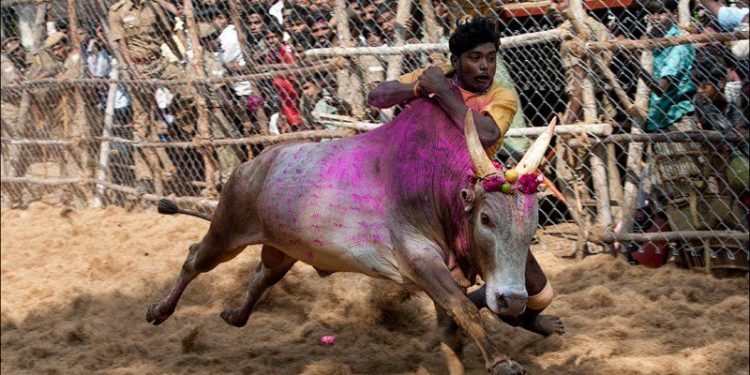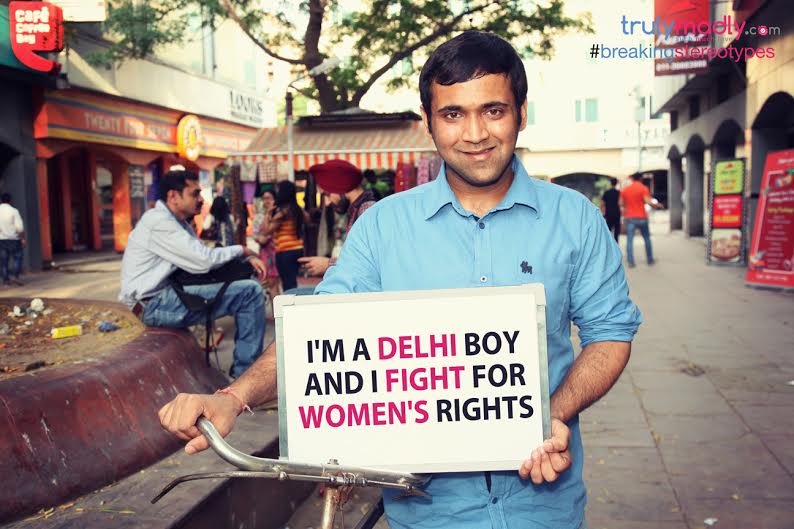Where Tradition Supersedes Humaniy: Lifting the Ban on Jallikattu

Introduction
With the harvest festival of Pongal drawing closer, villages in Tamil Nadu also brace themselves for ‘Jallikattu’ a sport that involves taming cattle and fighting. Things have turned out to be different ever since the Supreme Court’s decision to ban the sport in 2014 which is undoubtedly in favor of several animal rights activists. Despite the one-year hiatus, the state of Tamil Nadu has been persistently trying to lift the ban before Pongal this year. The outcome of this tug-of-war between Tamil Nadu and the Animal Welfare Board of India has been in favor of the former.
The sport has drawn the attention of activists because of the obvious cruelty with which cattle are treated. The same country that lynches people for consumption of beef cannot possibly allow for taming of an otherwise domesticated and revered animal, as a way to prove a man’s chivalry. It only seemed fair to ban a sport as dangerous as Jallikattu since it is a threat to the life of both men and cattle. The ban was initiated by Supreme Court Judges K.S. Radhakrishnan and Pinaki Chandra Misra after intimation given by the Animal Welfare Board of India (AIWB) which will continue to challenge the Supreme Court. The subsequent lift on the ban is likely to affect the faith of the public in the Judiciary as an unbiased and supreme system of ensuring law and order in the country.
Being a country that attaches great value towards its tradition, India faces a dilemma. The reason why the ban is now being reconsidered is because the sport is an integral part of the culture of Tamil Nadu and the tradition of Jallikattu is as old as 4000 years.
A Political Victory?
With the Assembly elections just a few months away, inadequate action on the part of the incumbent could have weakened their chances of winning and so ruling party in Tamil Nadu, the AIDMK is likely to consider this victory a political rather than a cultural one. It is also said that the lift on the ban is temporary and in the eyes of animal rights activists, it is nothing short of a ‘political stunt’.
Conclusion
Culture and tradition often go hand in hand. But in the light of the sport of Jallikattu, the two seem to be anything but integrated. How is it that our country continues to tolerate an act of barbarity in the name of tradition? Traditions are to be revered and preserved because they exemplify values that civilization stands for. But when the two evidently contradict with each other, morality and law will have to reign. Unfortunately, that does not seem to be the norm.
[Image Attribute: santhanamt ]
